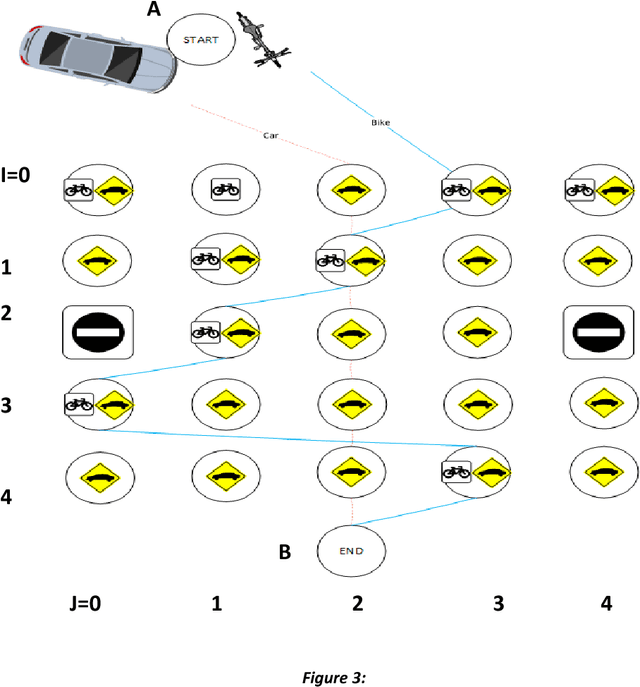Overarching Computation Model (OCM)
Paper and Code
Aug 13, 2018

Existing models of computation, such as a Turing machine (hereafter, TM), do not consider the agent involved in interpreting the outcome of the computation. We argue that a TM, or any other computation model, has no significance if its output is not interpreted by some agent. Furthermore, we argue that including the interpreter in the model definition sheds light on some of the difficult problems faced in computation and mathematics. We provide an analytic process framework to address this limitation. The framework can be overlaid on existing concepts of computation to address many practical and philosophical concerns such as the P vs NP problem. In addition, we argue that the P vs NP problem is reminiscent of existing computation model which does not account for the person that initiates the computation and interprets the intermediate and final output. We utilize the observation that deterministic computational procedures lack fundamental capacity to fully simulate their non-deterministic variant to conclude that the set NP cannot be fully contained in P. Deterministic procedure can approximate non-deterministic variant to some degree. However, the logical implication of the fundamental differences between determinism and non-determinism is that equivalence of the two classes is impossible to establish.
 Add to Chrome
Add to Chrome Add to Firefox
Add to Firefox Add to Edge
Add to Edge